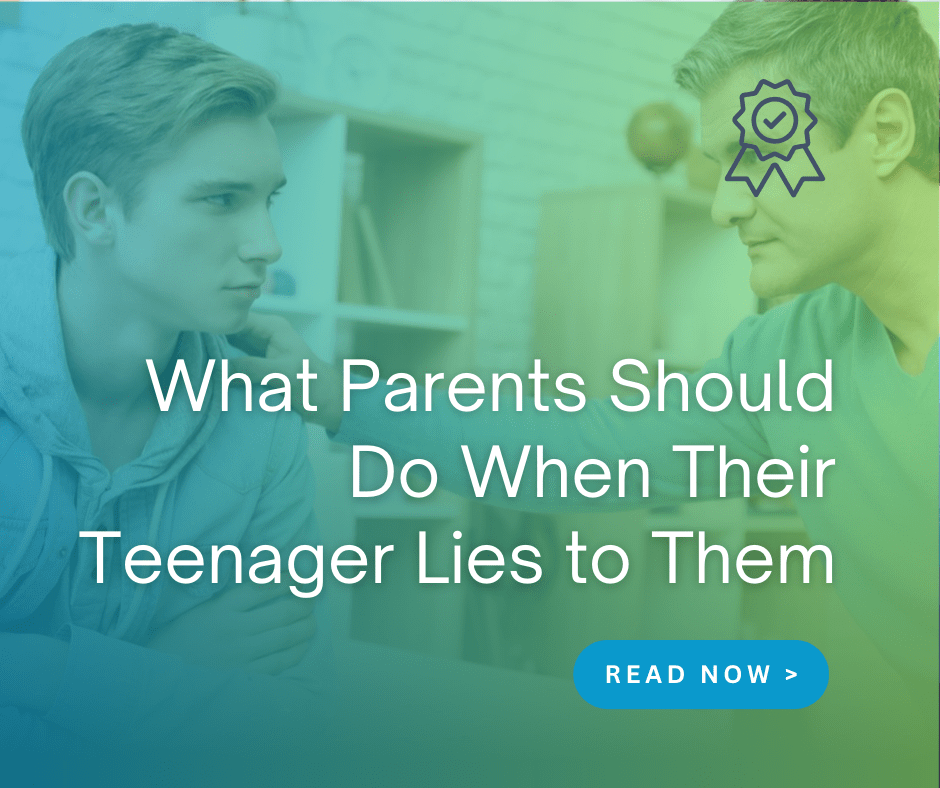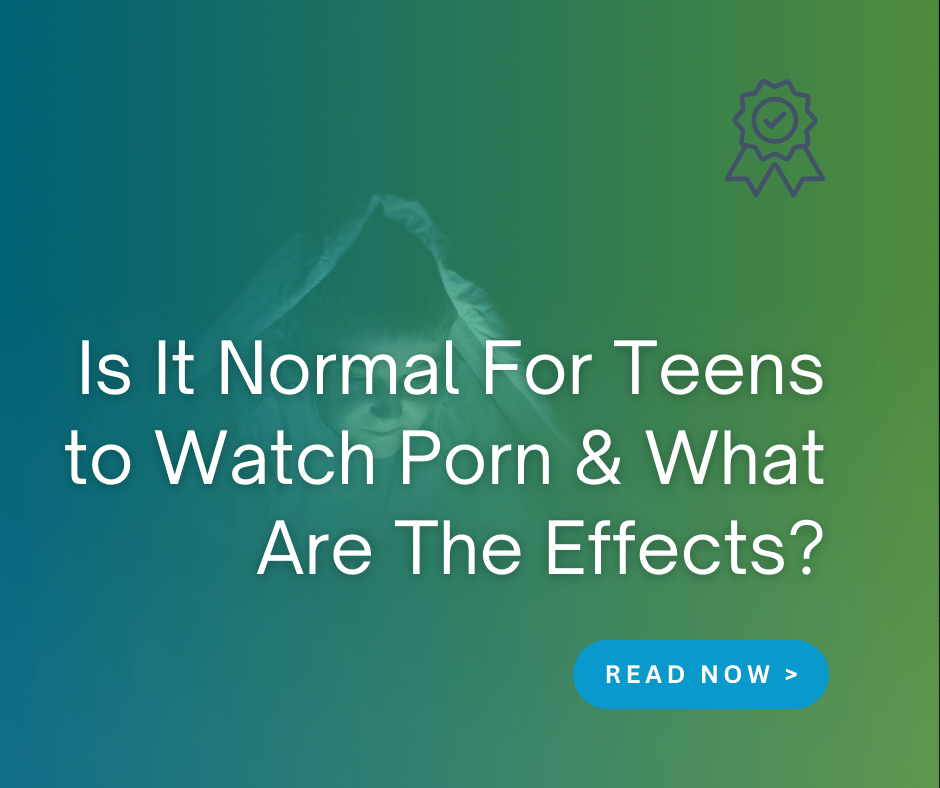Each year during Stress Awareness Month, we publish a series of articles about stress. We talk about what it is, why we experience it, and what we can do about it. We also offer statistics on the prevalence of stress in our communities and advice on how to handle stress that becomes chronic, toxic, or dangerous to our health and wellbeing. We’ll publish several articles on stress over the next few weeks, so keep checking back here for more, or follow us on Facebook to get notified about our new articles in your News Feed.
Our first article defined stress, and then discussed chronic stress. We talked about the difference between typical daily stress and chronic stress. Then we described the short- and long- term physical and emotional consequences of chronic stress.
To read that article, click here.
In this article, we’ll discuss three types of stress: positive stress, tolerable stress, and toxic stress. We’ll focus on toxic stress, because it’s the type of stress that should concern us – it’s the most damaging type of stress for children to experience.
Children: The Three Types of Stress
Note: the Harvard Center on the Developing Child is an excellent resource for all facts, research and statistics about stress and children. The information in this article, unless otherwise specified, comes from this section of their website: Toxic Stress.
Most of us know that stress is an unavoidable part of life. And most of us also know that stress is what causes us to grow, adapt, and change. That’s how just about everything works, from our bodies to our minds to society in general. We’re in one state, then something puts a stress on that state. We adapt and we change. When we come out the other side, we’ve grown into something or someone new.
Given that de facto situation, what can we do? How do we know the difference ?
The people at Harvard talk about stress in terms of stress response, i.e. how we react to stress. In children, they identify three types of stress response:
1. Positive.
A positive stress response is a healthy and important part of growing up. This type of response, in children, may occur in response to things like changing schools, an upcoming test on a difficult subject, or nerves related to social situations. A positive stress response is characterized by a temporary increase in heart rate and circulating hormone levels.
2. Tolerable.
A tolerable stress response is triggered by significant and difficult life events. Thes include things like the death of a loved one, a natural disaster, and/or a major illness or injury. A tolerable stress response has the same characteristics as a positive one, but everything is more intense and severe. In the absence of a responsible adult to help the child manage the stress episode – which the Harvard experts call buffering – a tolerable stress episode can persist and cause physical and emotional damage. However, positive, protective, buffering relationships with adults can mitigate the potential damage this type of stress response.
3. Toxic.
A toxic stress response is triggered by extended exposure to adversity. For children, adversity includes, but is not limited to neglect, physical, sexual, or emotional abuse, exposure to violence, exposure to parent/caregiver substance use or mental health disorder, poverty, and prolonged economic hardship. Long-term exposure to these types of stressors means long-term activation of the stress response system. Long-term activation can damage vital organs, impair development, and lead to decreased cognitive function and chronic illness. In the absence of supportive, protective adult relationships, the consequences of toxic stress in childhood can persist through adolescence. And left completely unadressed, they can negatively impact physical and mental health through adulthood.
The most important thing to take away from this list is the idea that adults can help children avoid the negative consequences of stress. Most children don’t have the psychological or emotional coping skills to process severe stress. That’s why their stress response systems stay activated, and that’s why they need adults to teach them techniques that work.
How to Help Children Who Experience Toxic Stress
The best thing adults can do for children is offer unconditional love and support at all times and under all circumstances. After that basic approach, children who experience toxic stress – prolonged abuse, neglect, and violence, for instance – can benefit from therapy provided by qualified mental health professionals who specialize in child and adolescent mental health. The experts at Harvard indicate that when responsible adults help children process toxic stress, short-term damage can be reversed, and long-term damage can be avoided altogether. Treatment works – and the sooner kids who experience toxic stress get help, the better.
Find a qualified professional in your area with this psychiatrist finder provided by the American Academy of Child and Adolescent Psychiatry.












